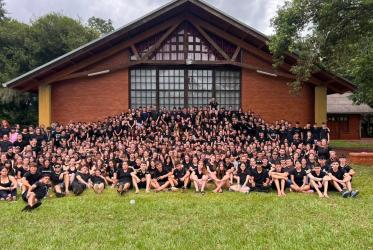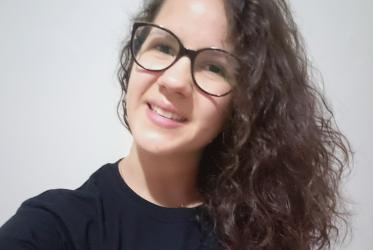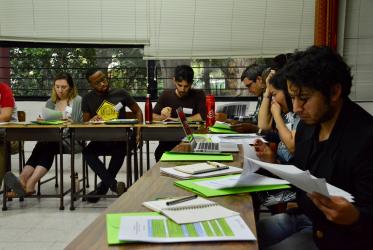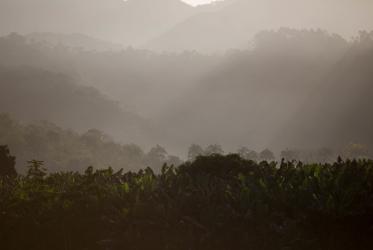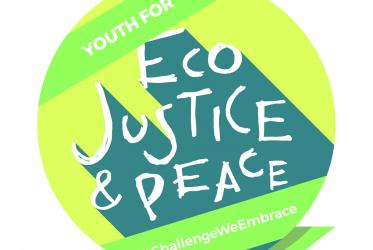Displaying 1 - 20 of 35
Larissa Aguiar Garcia: "We're opening a safe space”
26 September 2019
WCC Eco-School encourages youth to become eco-ambassadors
08 November 2018
Voices from Colombia: “What if we have no land to till?”
15 February 2018
Seven weeks of Lent highlight water justice in Latin America
12 February 2018
WCC calls for peace in Colombia
09 February 2018
Protect the Amazon, urges WCC statement
22 November 2017
"Protejam a Amazônia", exorta declaração do CMI
22 November 2017
In Argentina, stirring journey for human rights continues
01 September 2017
